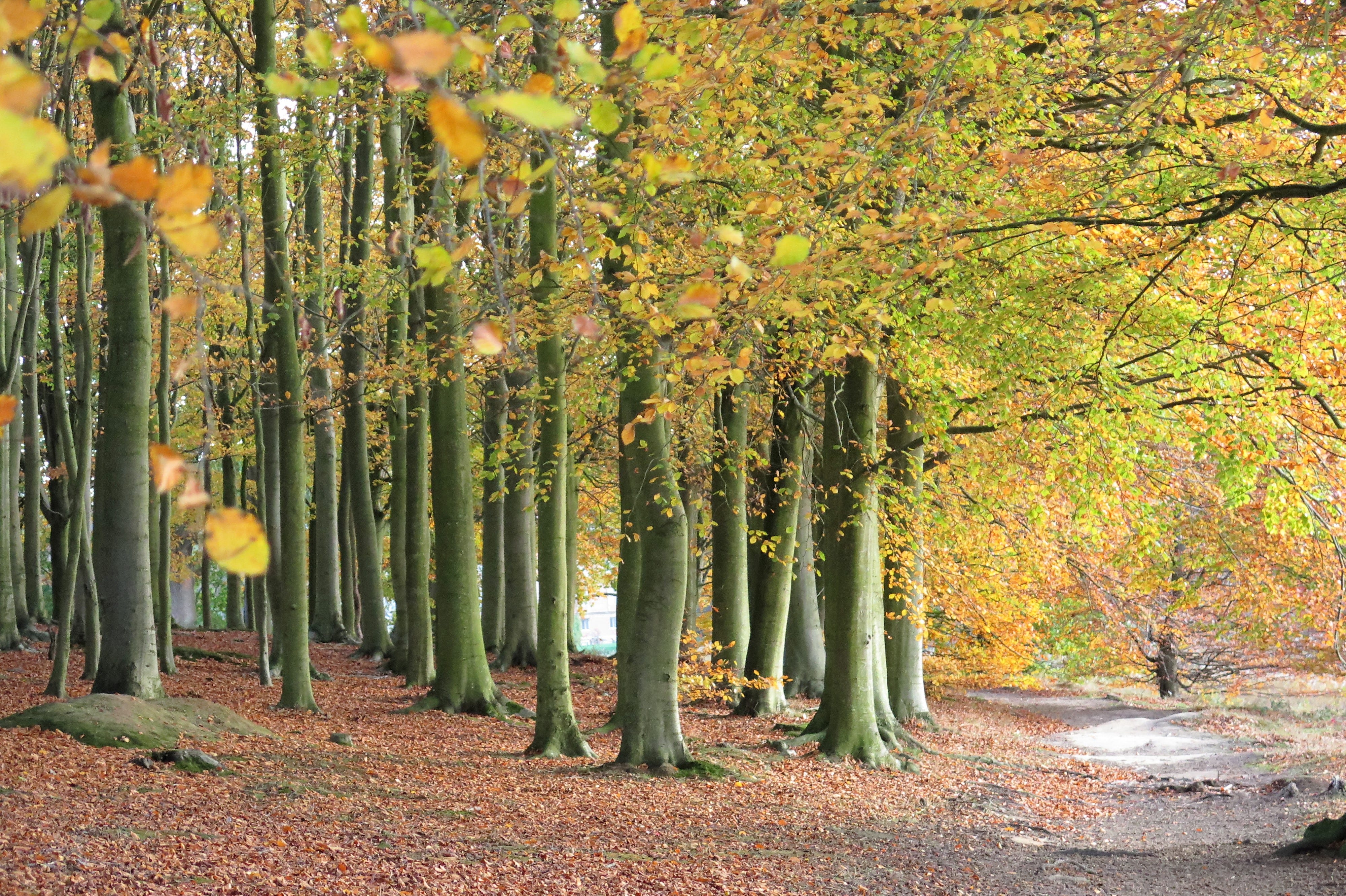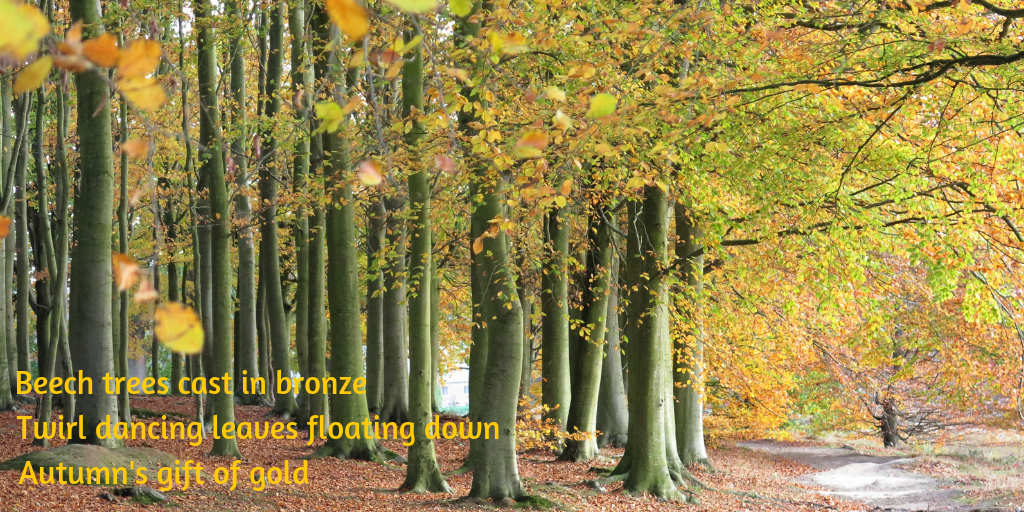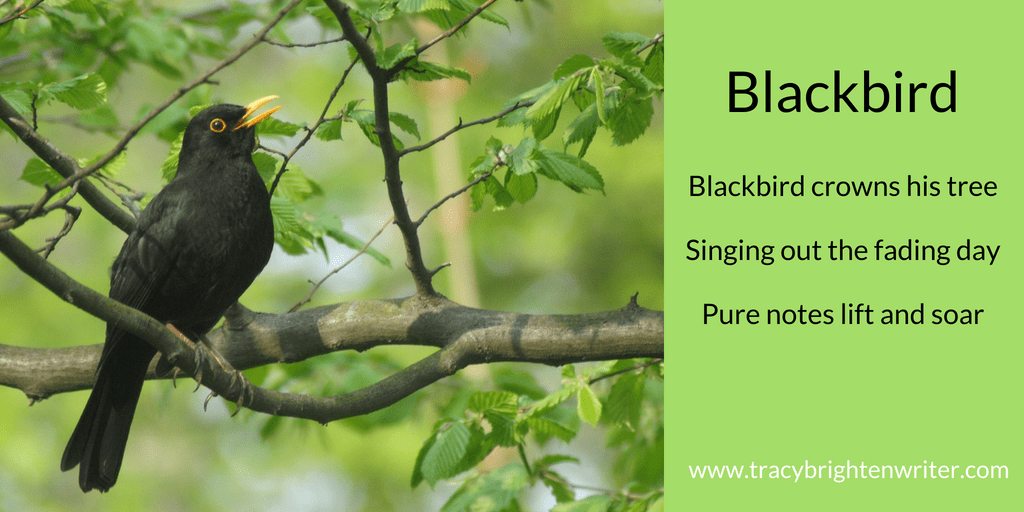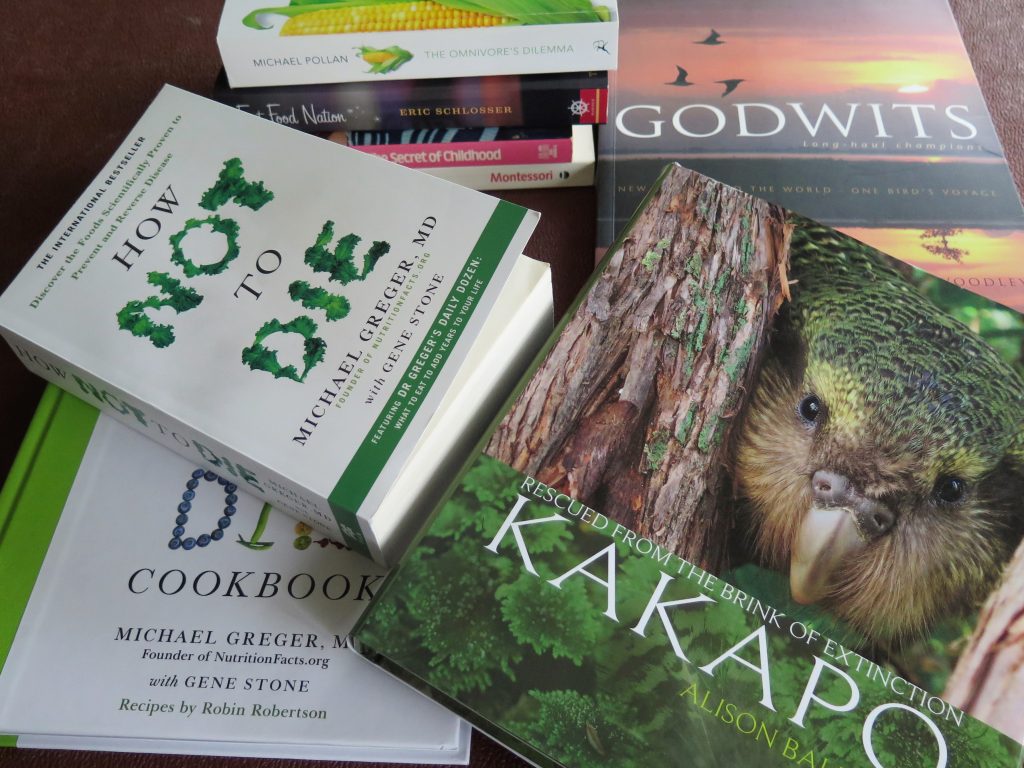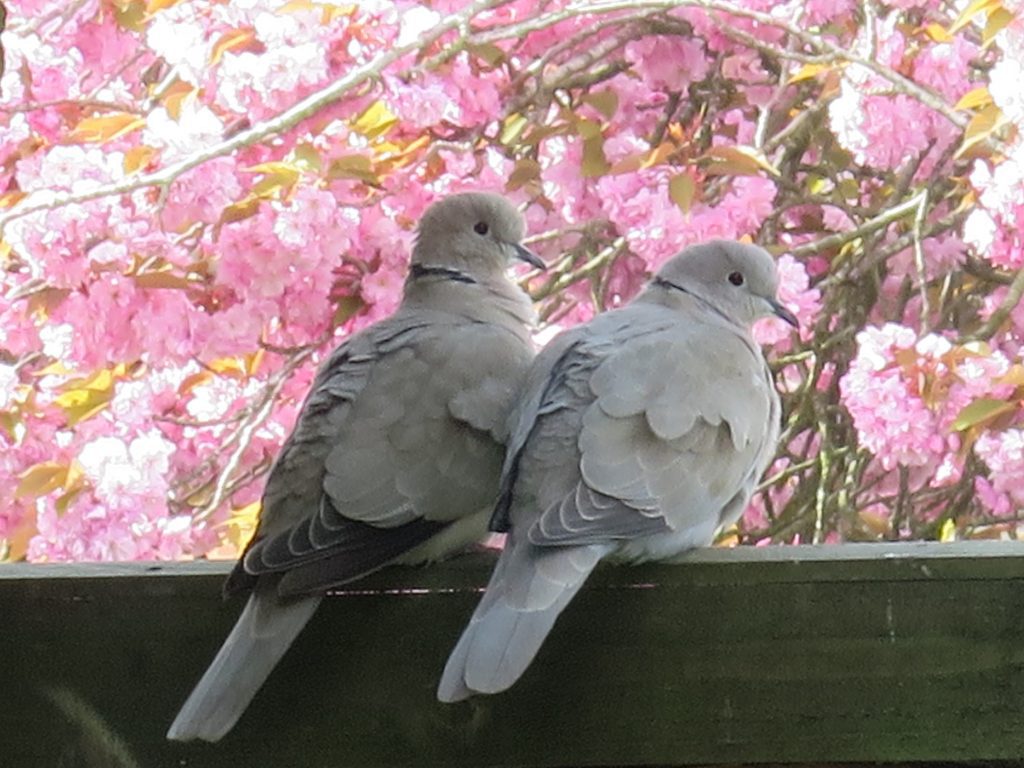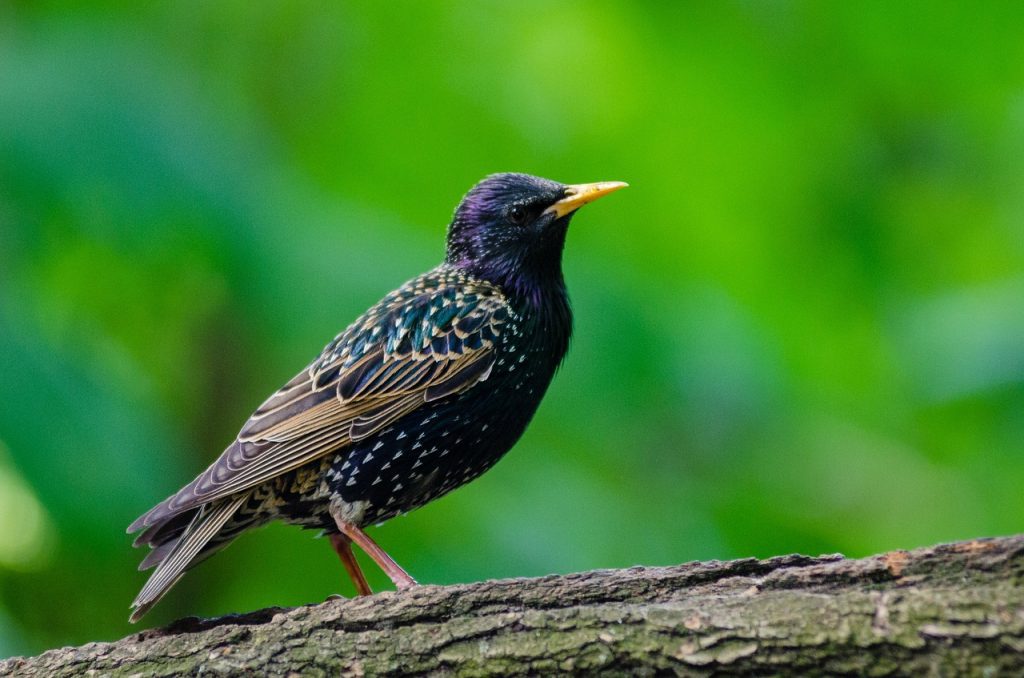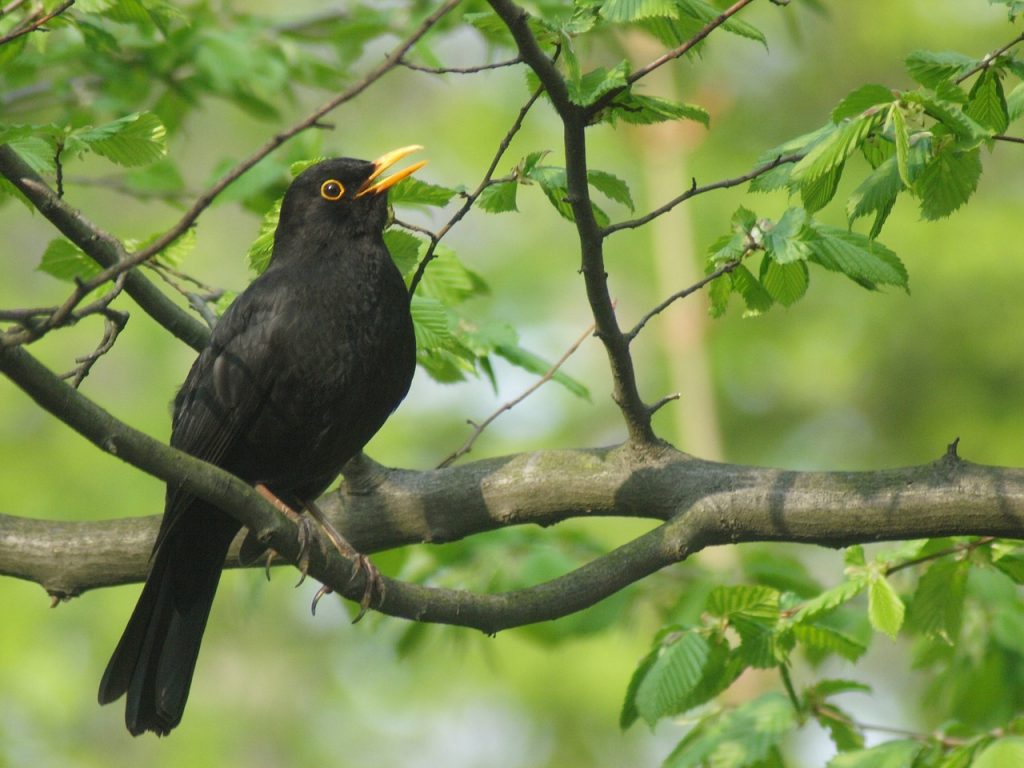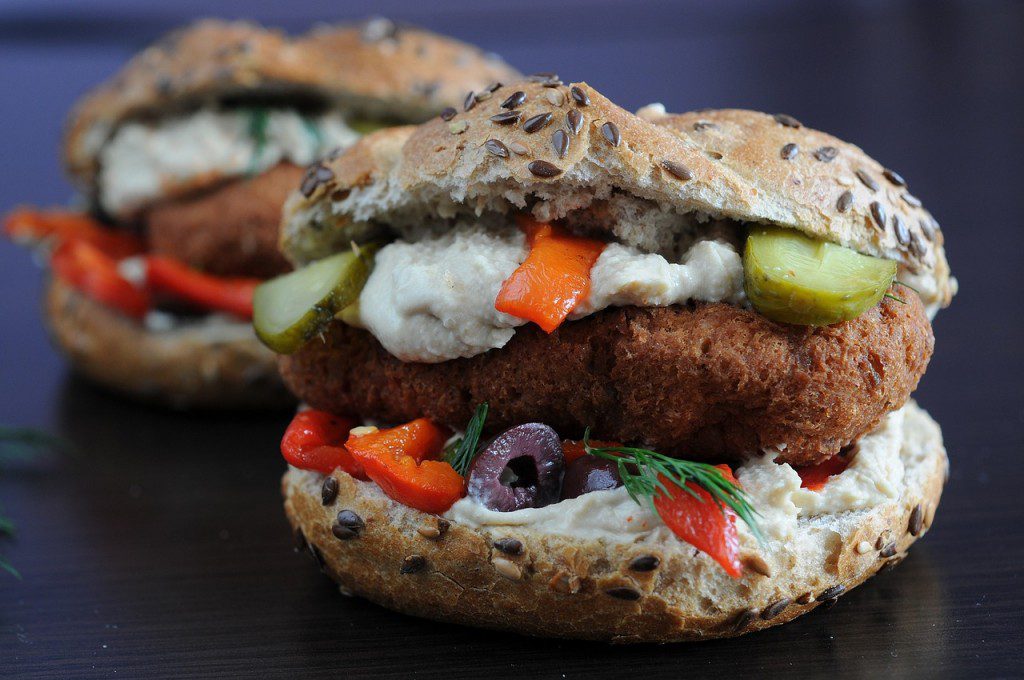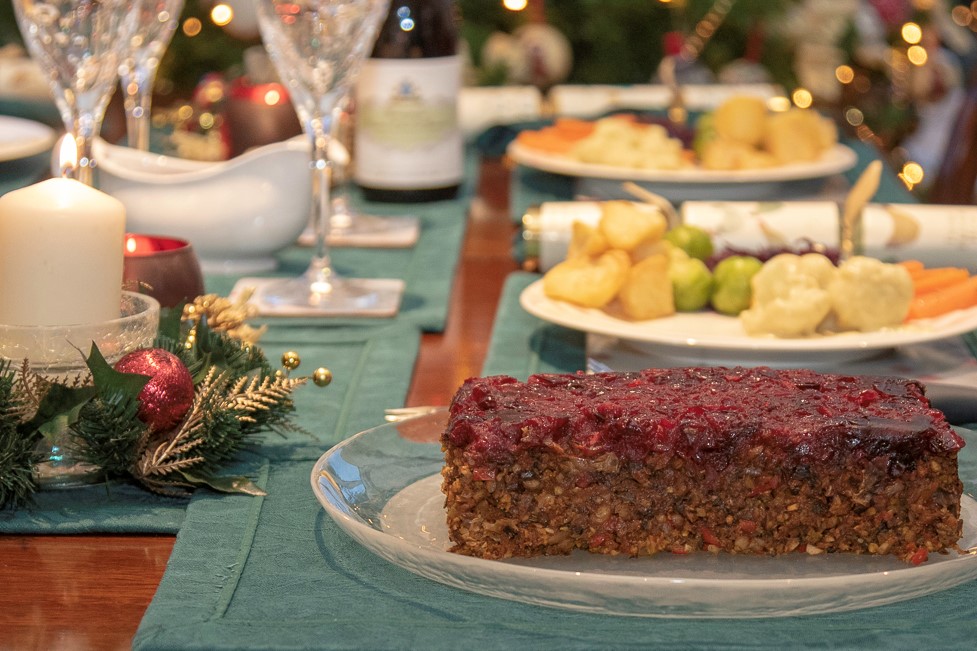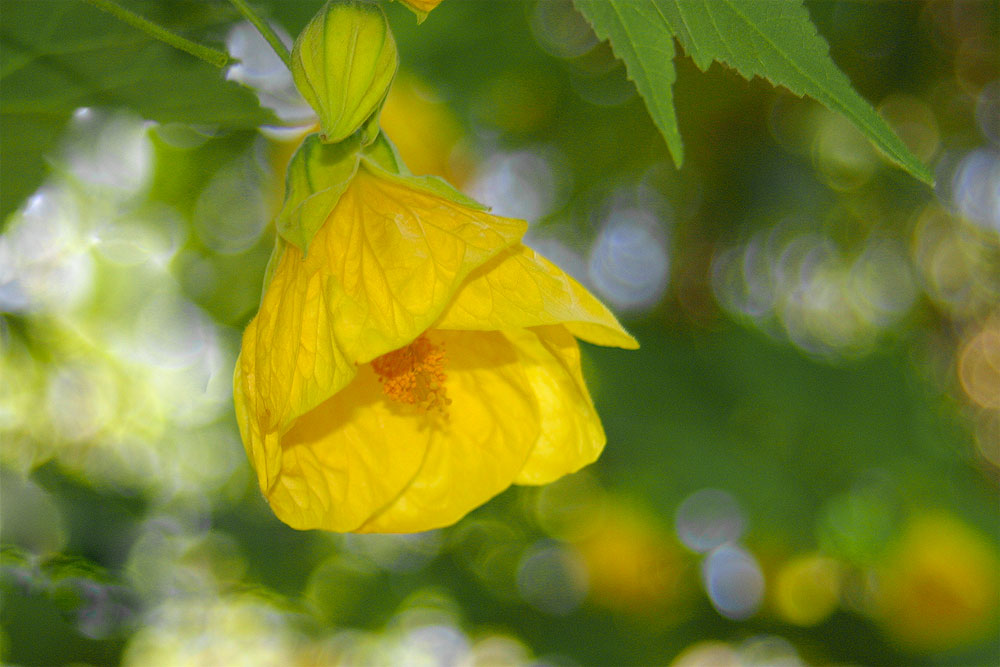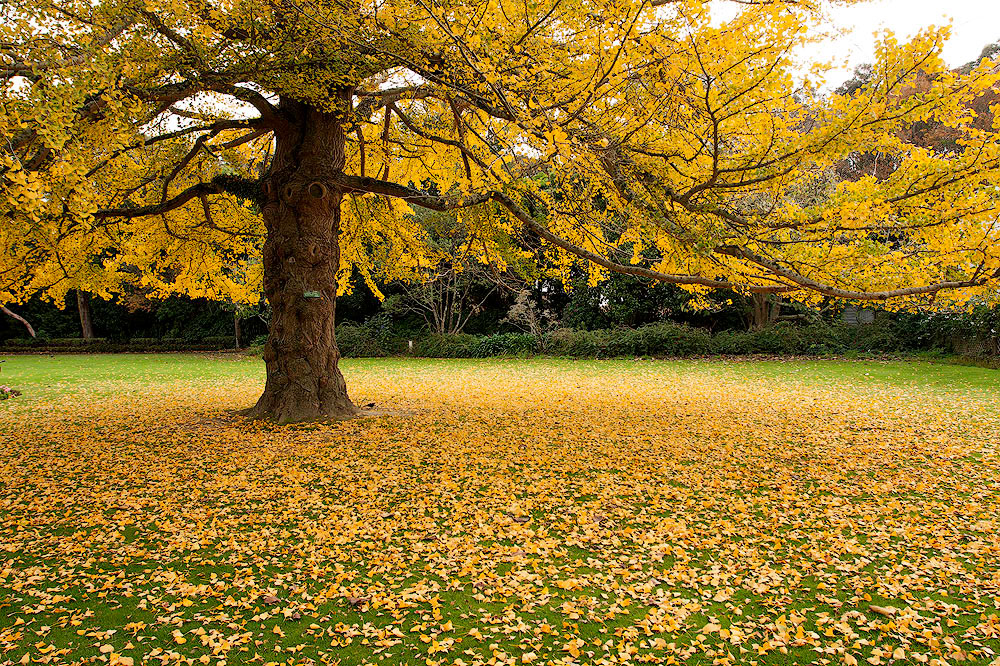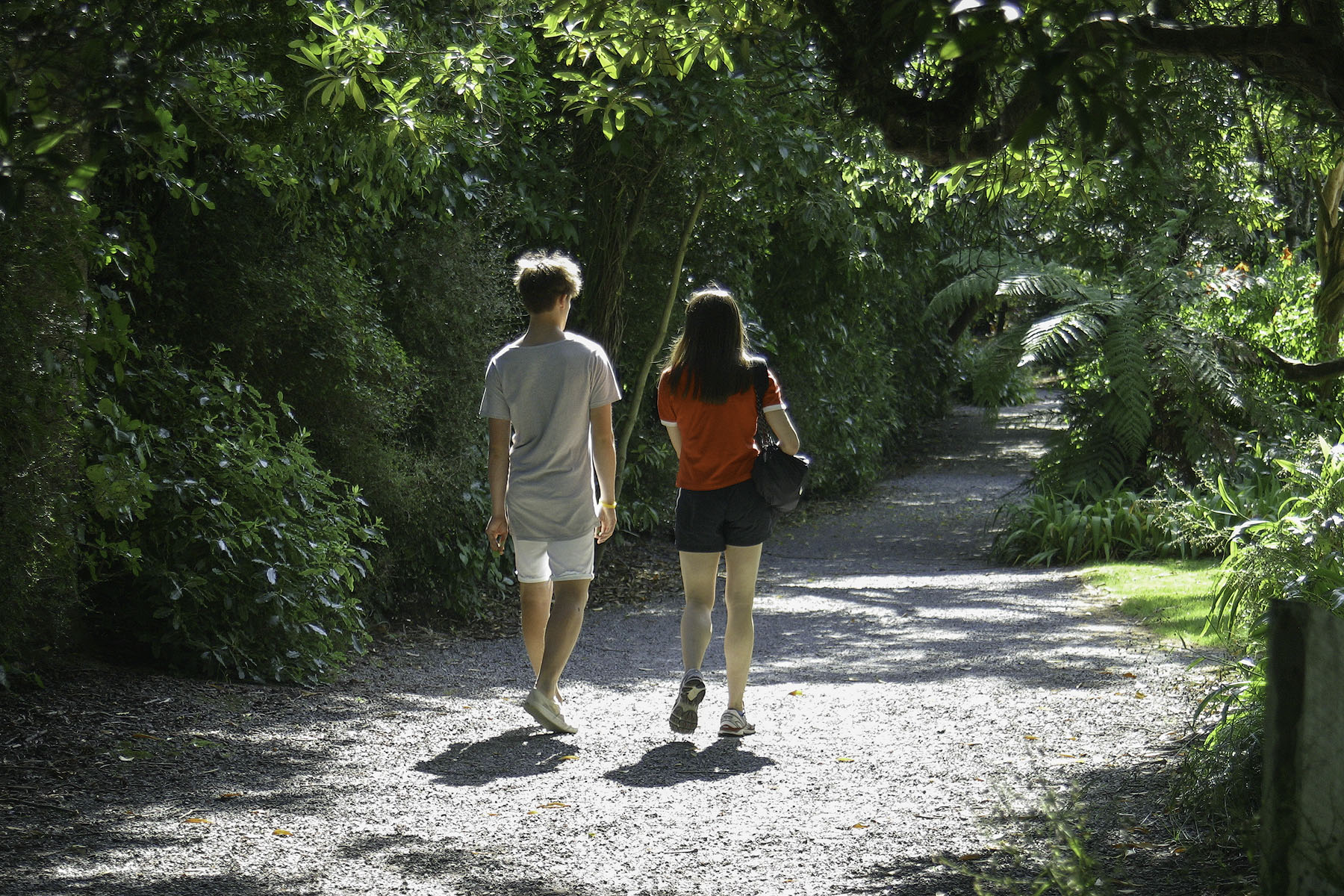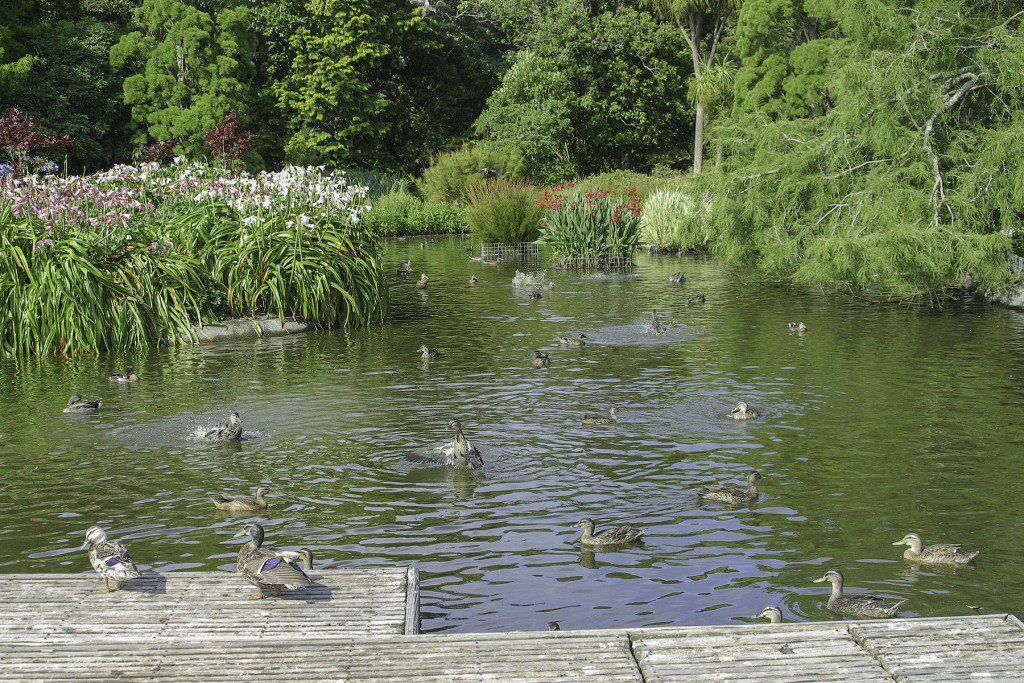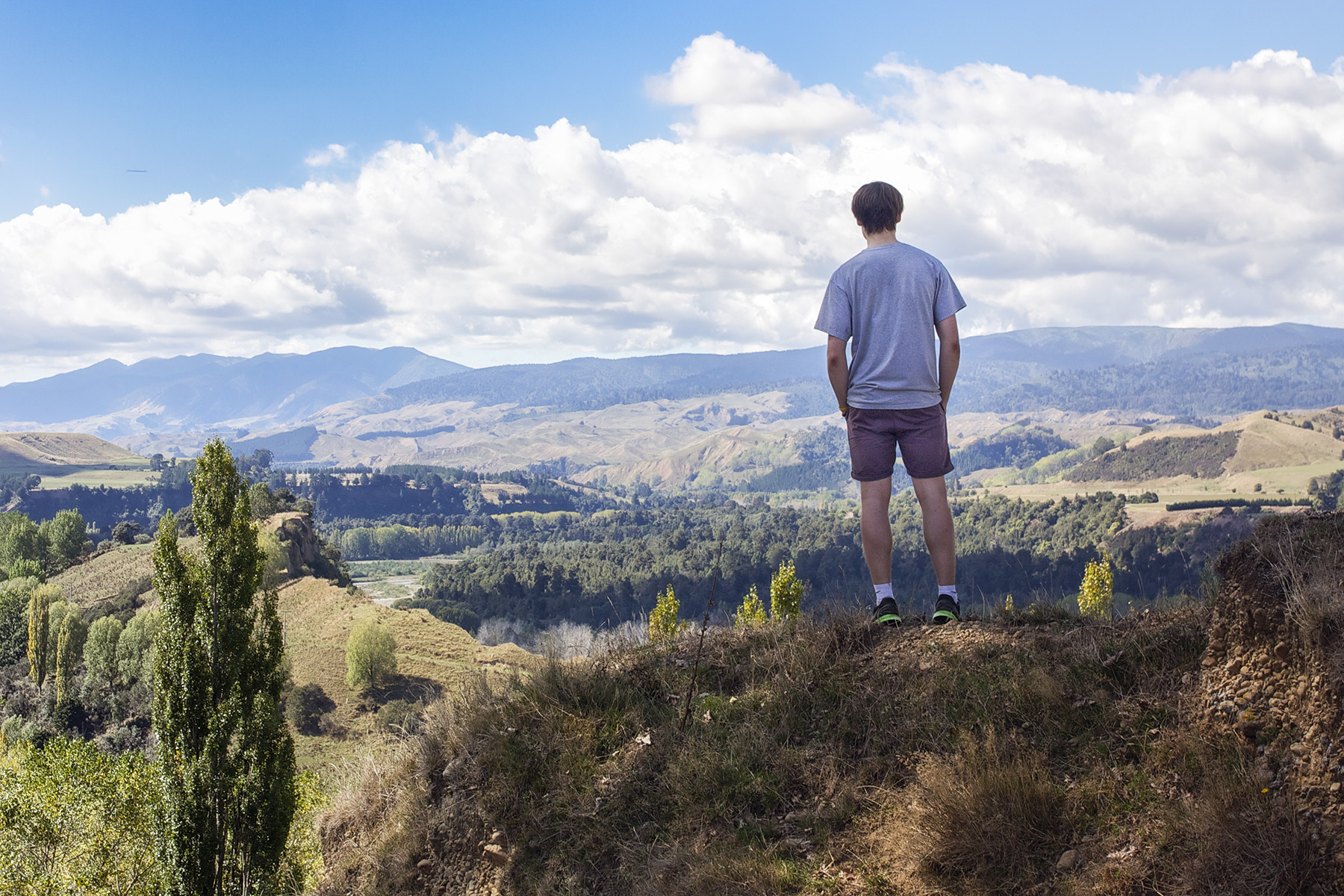As autumn passes the baton to winter, we find ourselves slowing down, and shorter days and less sunlight means winter blues and even depression can strike. Colder weather keeps us indoors where there’s plenty of technology to entertain us, but too much screen time can leave us feeling stressed. We’re less connected to the natural world, yet research by The Wildlife Trusts and the University of Essex shows that spending time in nature is good for our health.
Contact with nature reduces anxiety and stress and improves mood, self-esteem, and attention and concentration. Exposure to nature also increases immunity and can help reduce symptoms of ADHD in children. Such is the importance of nature to wellbeing that Richard Louv, co-founder of the Children & Nature Network, describes nature as ‘Vitamin N’.
Winter can be the ideal time for a nature walk and Norfolk the ideal place!

